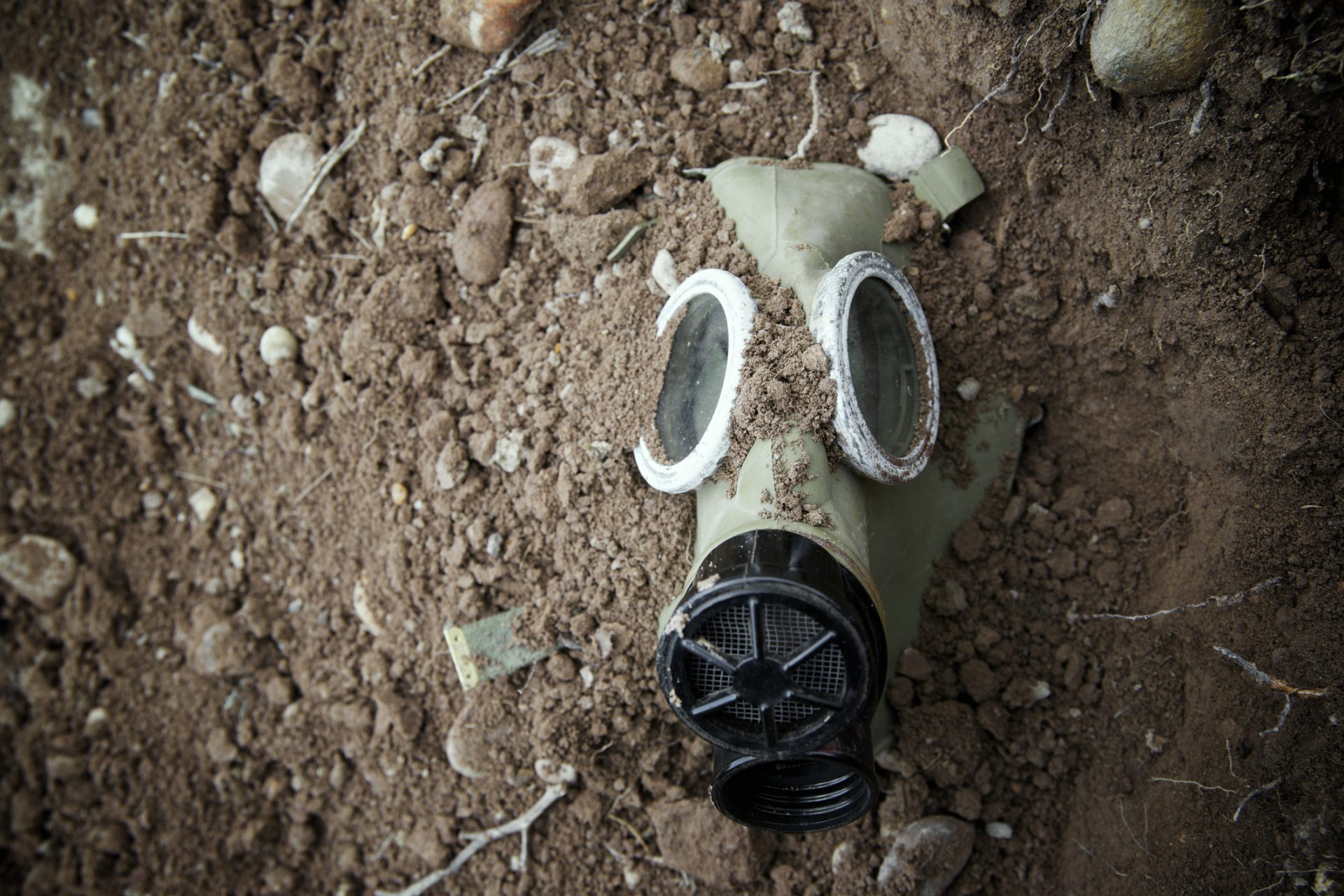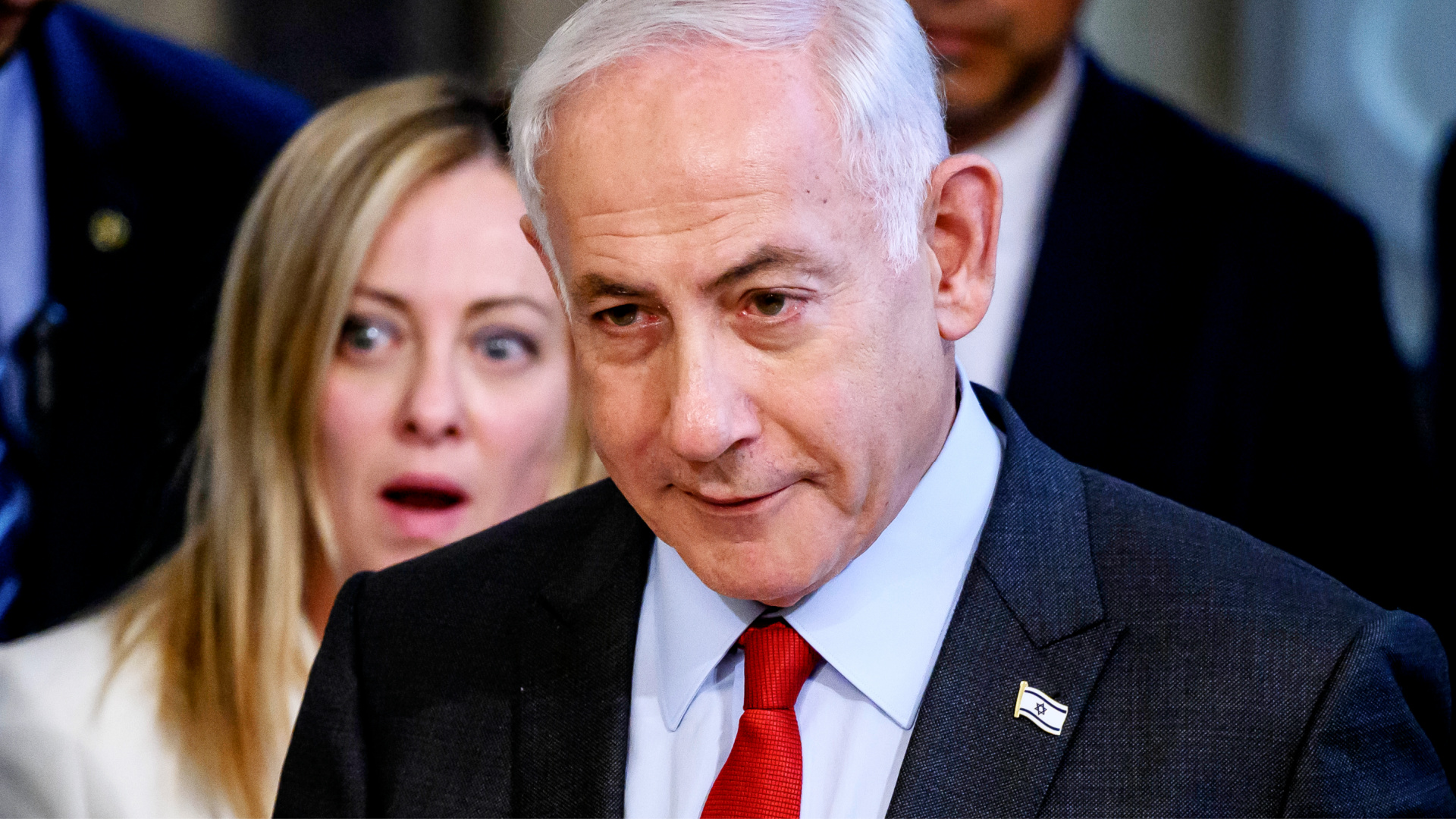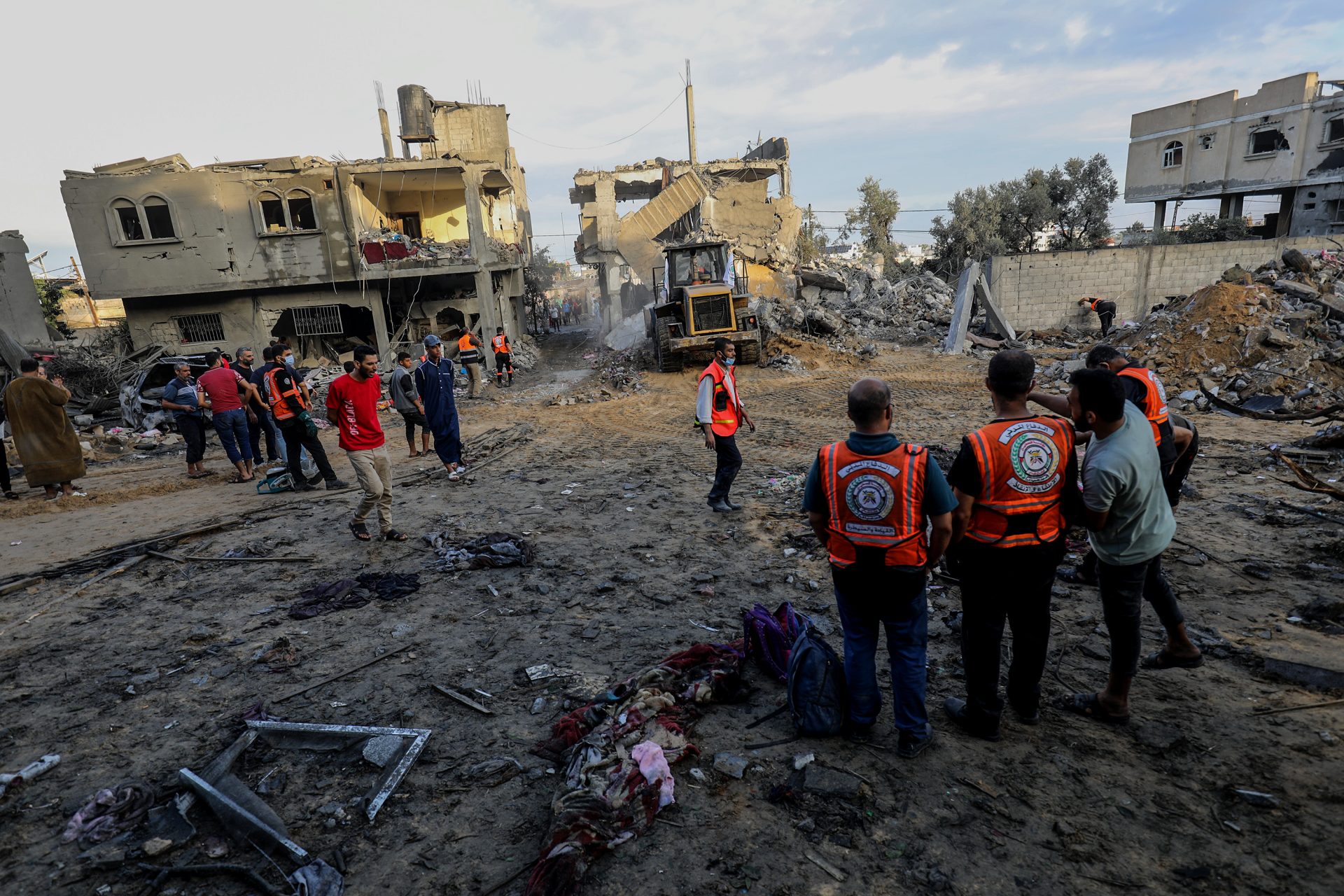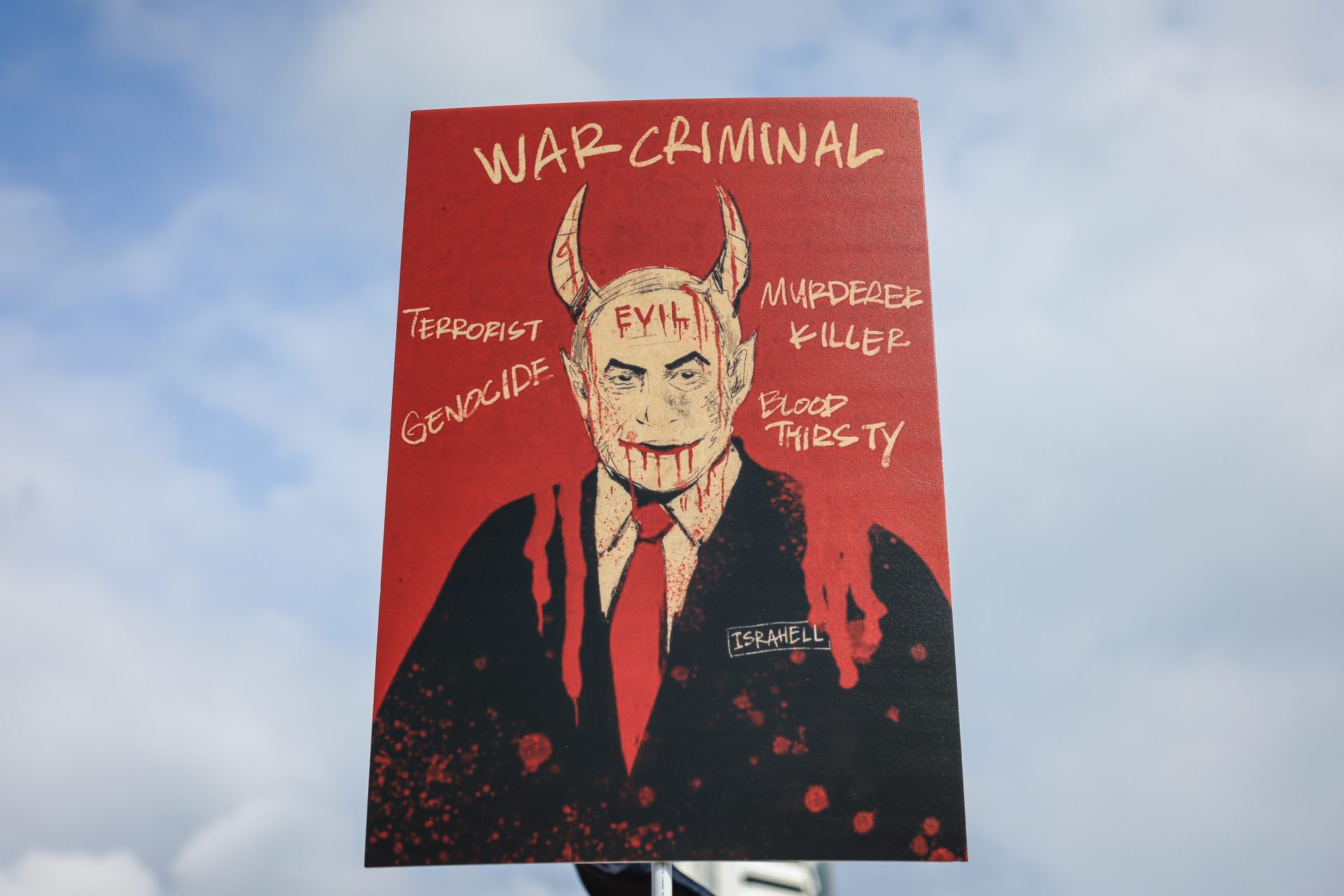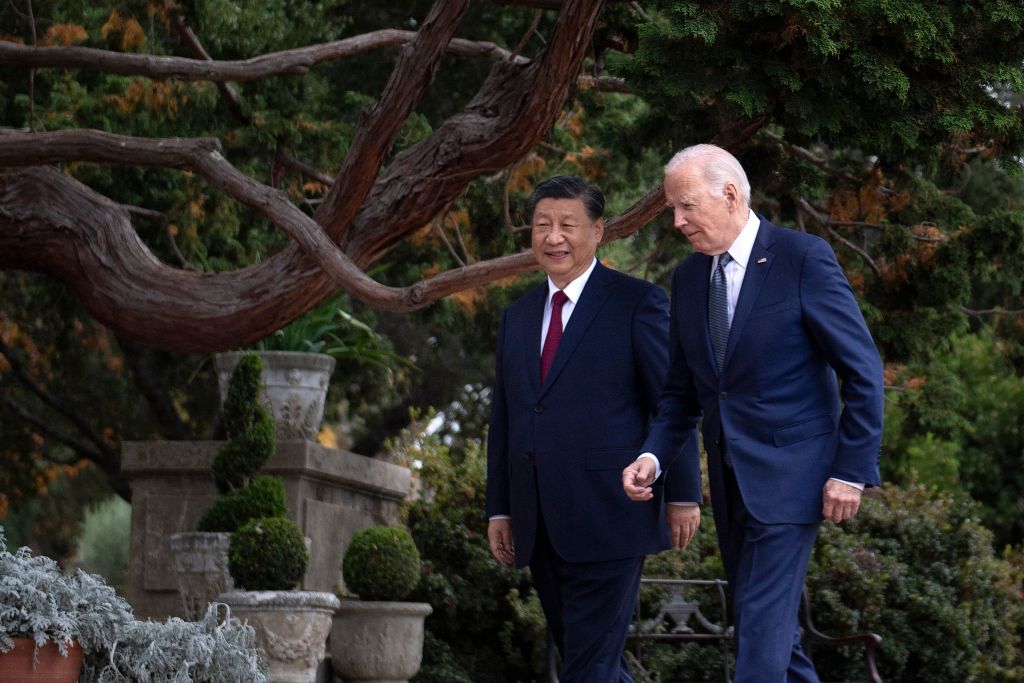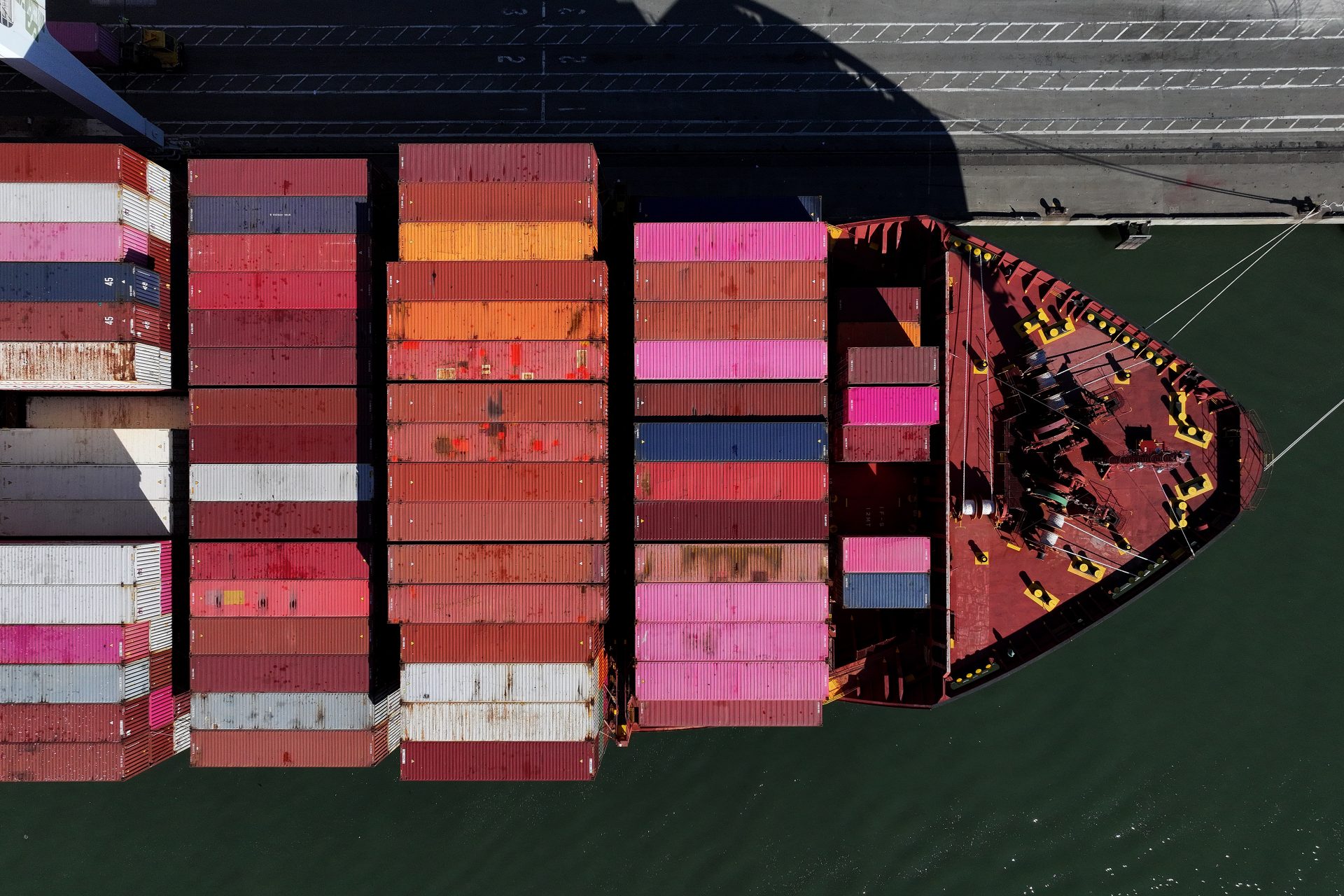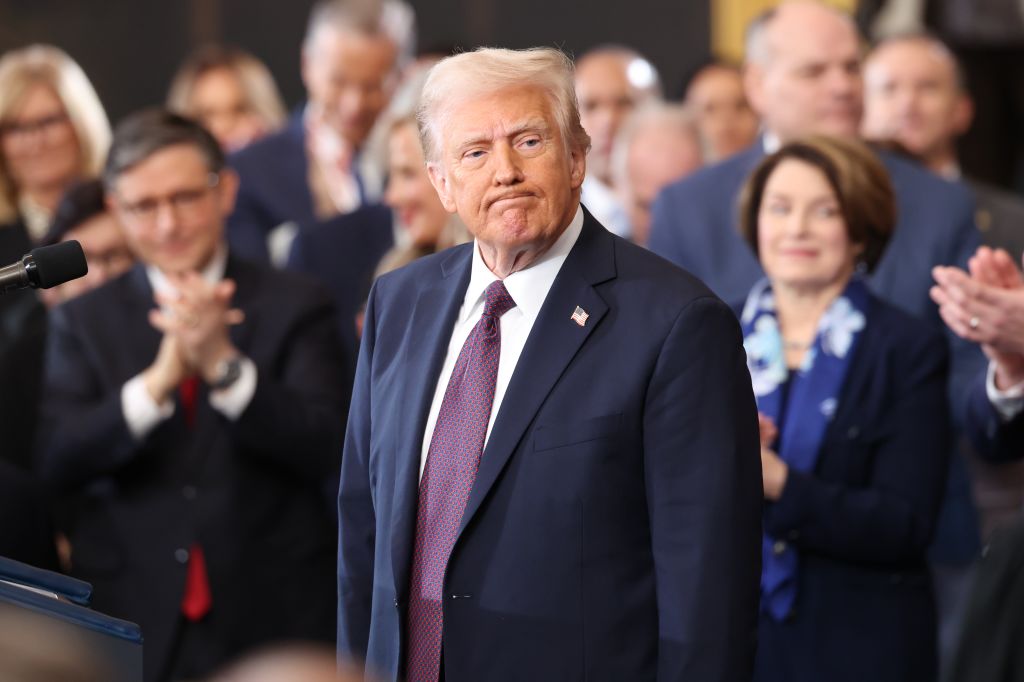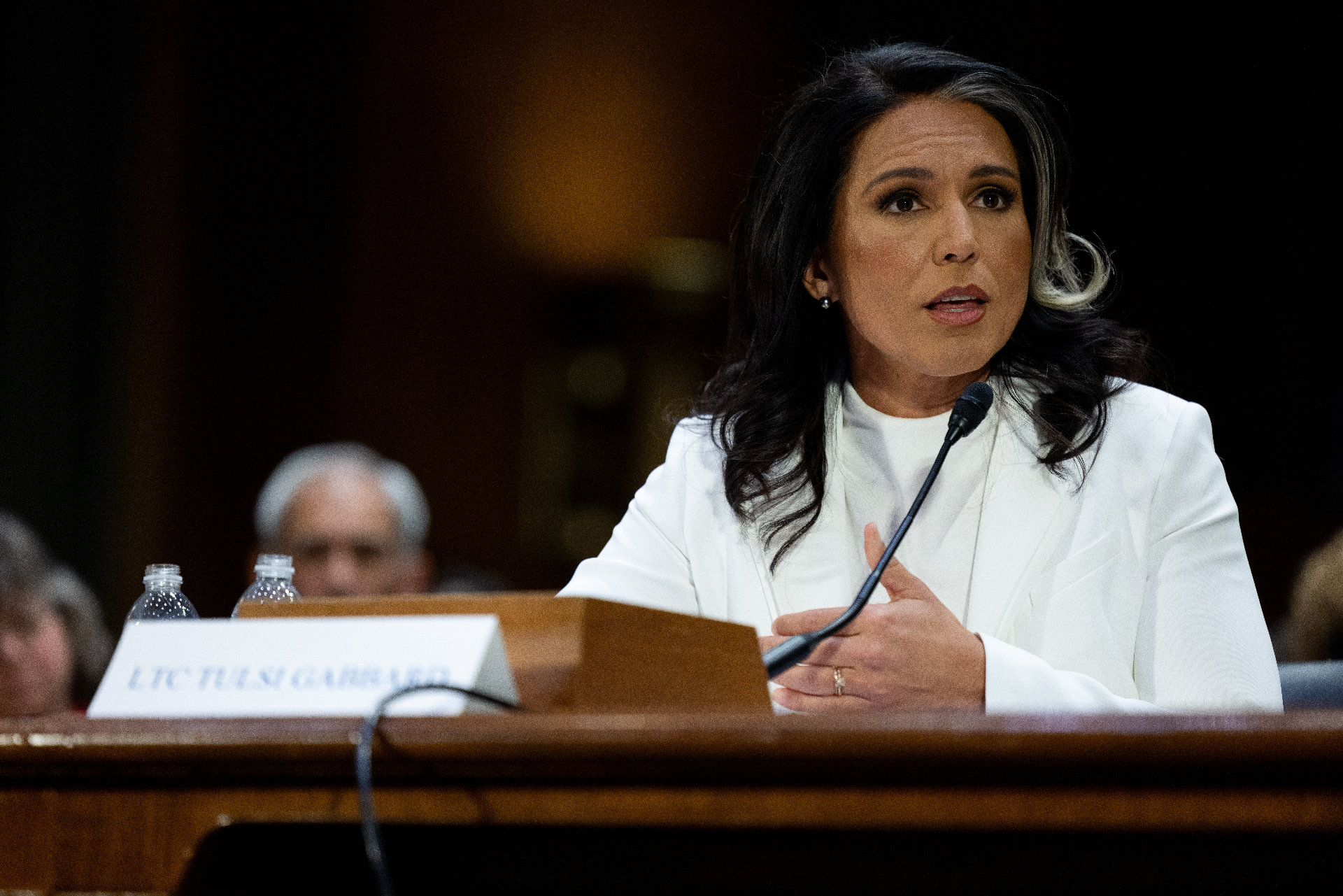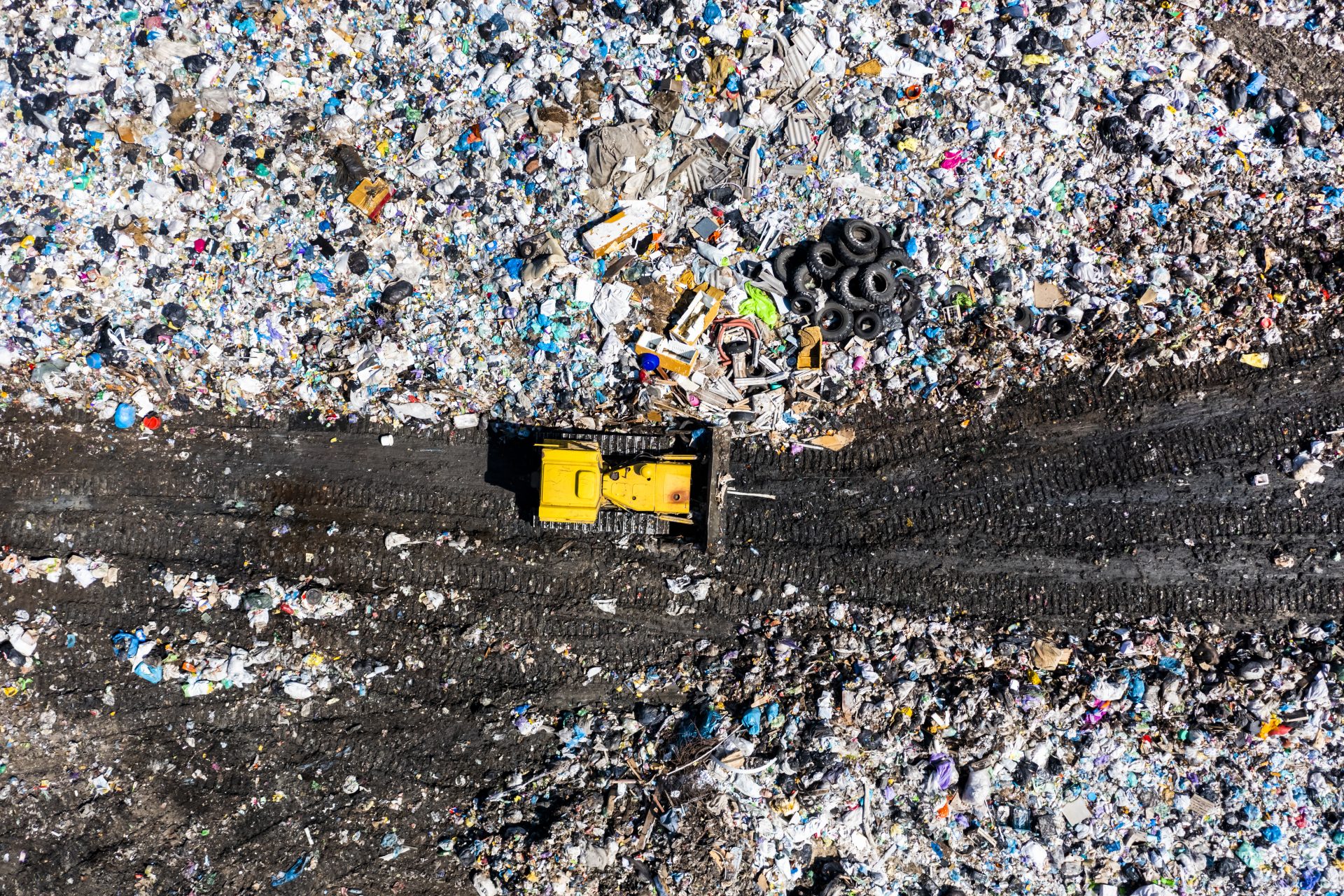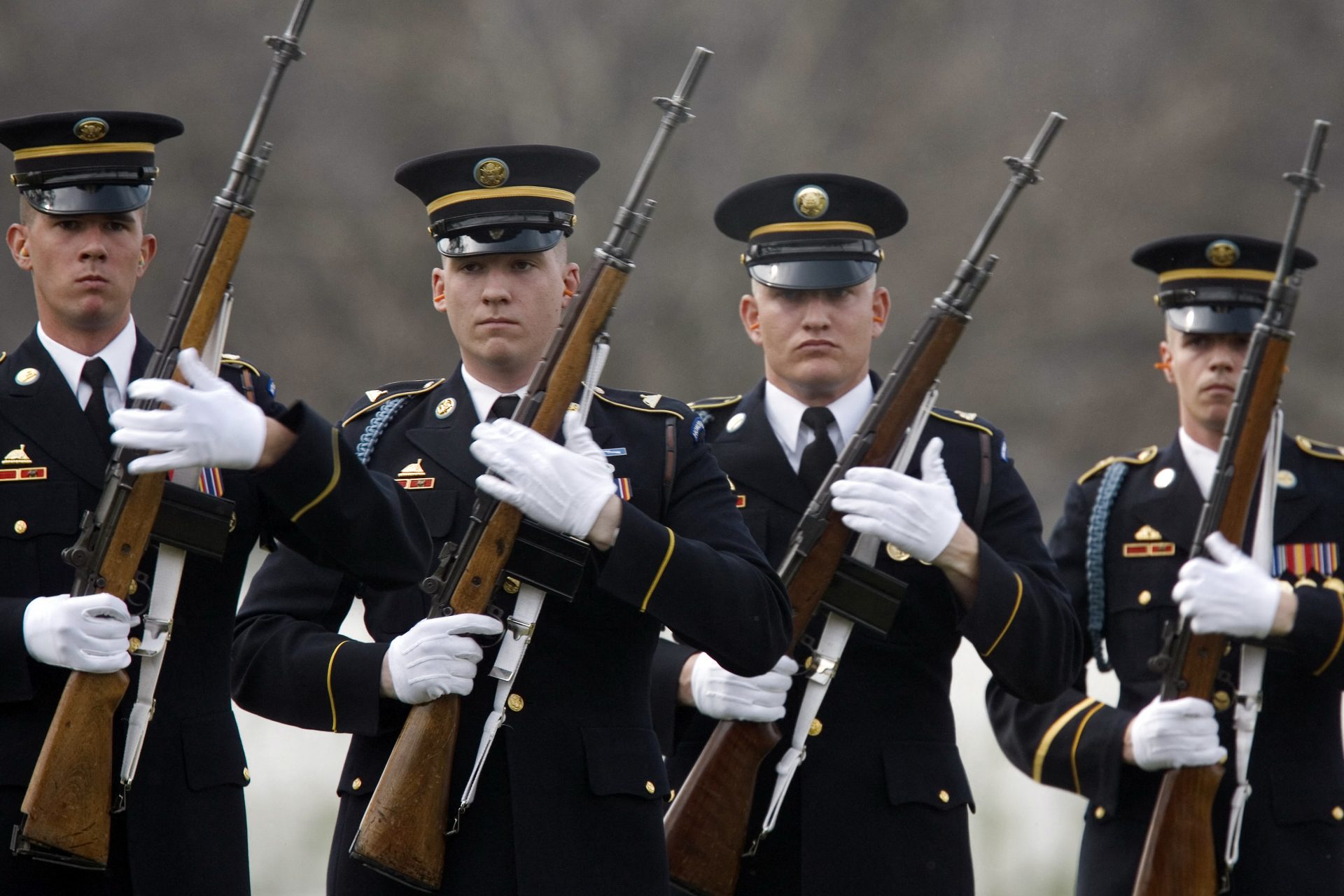The ever-present threat of a nuclear war
Ever since Russia invaded Ukraine, and Putin’s nuclear threats followed, the world started talking about the probability of nuclear war.
In the summer of 2022, United Nations’ secretary general, António Guterres, warned that a misunderstanding could spark nuclear destruction, as the United States, Britain and France urged Russia to stop “its dangerous nuclear rhetoric and behaviour”.
At the opening of a key nuclear Non-Proliferation Treaty (NPT) conference in New York, Guterres (pictured) warned that the world faced “a nuclear danger not seen since the height of the cold war”.
“Today, humanity is just one misunderstanding, one miscalculation away from nuclear annihilation,” Guterres told the 10th review conference of the NPT, an international treaty that came into force in 1970 to prevent the spread of nuclear weapons.
“We have been extraordinarily lucky so far. But luck is not a strategy. Nor is it a shield from geopolitical tensions boiling over into nuclear conflict,” he added, calling on nations to “put humanity on a new path towards a world free of nuclear weapons”.
“Eliminating nuclear weapons is the only guarantee they will never be used,” the secretary general said, adding that he would visit Hiroshima for the anniversary of the US atomic bombing of the Japanese city on 6 August 1945.
“Almost 13,000 nuclear weapons are now being held in arsenals around the world. All this at a time when the risks of proliferation are growing and guardrails to prevent escalation are weakening,” according to the UN.
In January 2022, the five permanent members of the UN Security Council: the US, China, Russia, Britain and France, had pledged to prevent the further dissemination of nuclear weapons.
The US, Britain and France later reaffirmed their commitment in a joint statement, saying a “nuclear war cannot be won and must never be fought”.
The three also took aim at Russia, which announced it had placed its nuclear forces on alert shortly after its invasion of Ukraine on 24 February, and urged Moscow to respect its international commitments under the NPT.
At first, Putin insisted that Russia would remain faithful to the treaty’s “letter and spirit” and that there could be “no winners” in a nuclear war, according to the Kremlin.
However, in February 2023 he announced that he was suspending Russia’s participation in the New START nuclear arms reduction treaty with the United States, threatening the last remaining pact that regulates the world’s two largest nuclear arsenals.
Moreover, Dmitry Medvedev, deputy head of Russia’s Security Council, threatened that Russia losing the war could “provoke the outbreak of a nuclear war” on a Telegram post.
The question is, will Putin make good on his threats, or is he just blowing smoke? Experts have differed in their opinions. Estimates have ranged from 10-20% likelihood of there being a nuclear attack.
However, some experts, such as Stephen Schwartz, author of “Atomic Audit: The Costs and Consequences of US Nuclear Weapons Since 1940,” thinks that a nuclear attack from Russia is “exceedingly unlikely” knowing that they wouldn’t survive a nuclear war either, he told Insider.
But it’s not just Russia who poses a nuclear threat. Israel is another nuclear-armed state, whose volatile rightwing prime minister, Benjamin Netanyahu, warned March of a “horrible nuclear war” unless Tehran’s uranium enrichment programme was halted.
Later, in September,2023, he issued a nuclear threat to Iran at the UN, though later retracted.
And in the midst of the Israel-Gaza war, an Israeli Heritage Minister Amichai Eliyahu said November that dropping an “nuclear bomb” on the Gaza Strip was “an option,” according to local media. He was later suspended for such comment.
Israel possesses about 90 nuclear bombs, according to the Stockholm International Peace Research Institute.
Another reckless leader, North Korea’s dictator, Kim Jong-un, fired ballistic missiles into the sea between the Korean peninsula and Japan in March, and regularly threatens the two countries and the US.
Finally, there’s China: a country with about 400 operational nuclear warheads, according to the Bulletin of the Atomic Scientists. CIA director William Burns told Fox News, a Chinese invasion of Taiwan might happen by 2027 and could be a probable nuclear flashpoint.
More recently, as tensions between Beijing and Taiwan have been increasing, Lyle Goldstein, director of Asia engagement at Defense Priorities, told The Washington Post “war could essentially happen any time.”
More for you
Top Stories



